Why we march
The Global Innocence Movement Marches for Justice
“We cannot walk alone. And as we walk, we must make the pledge that we shall always march ahead. We cannot turn back.” - Dr. Martin Luther King Jr.
01.17.19 By Emma Zack
The 2018 Innocence Network Conference was held in Memphis, TN, a few days before the 50th anniversary of Dr. Martin Luther King Jr.’s assassination. To honor Dr. King’s legacy and to connect the work of the Innocence Movement to the Civil Rights Movement, the Innocence Network successfully organized and executed its very first “March for Justice.” Over 800 people marched through the streets of downtown Memphis, all committed to fighting for justice and to ending wrongful convictions. The outcome was truly remarkable, demonstrating just how powerful marches are as a means to attain justice.
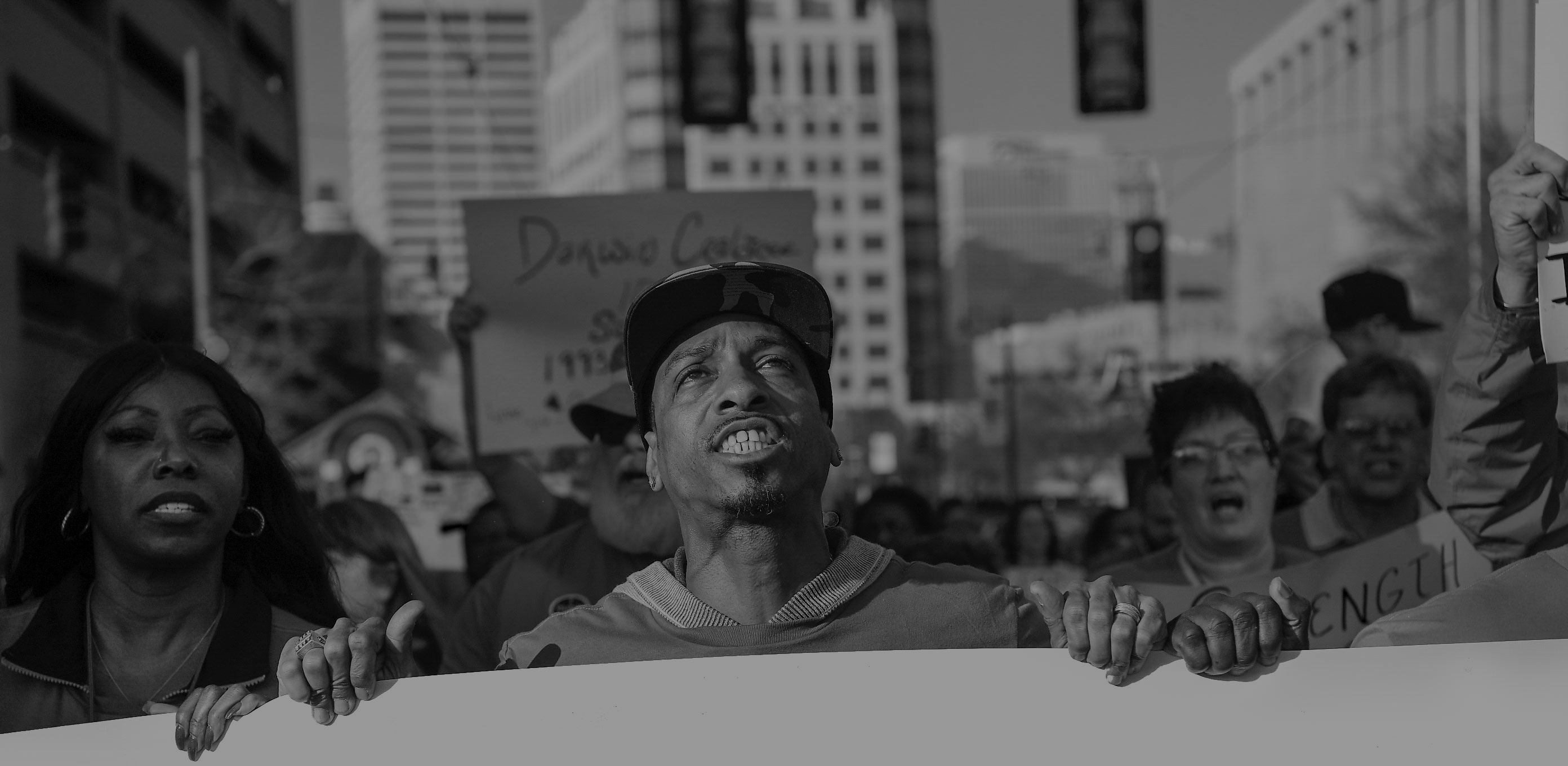
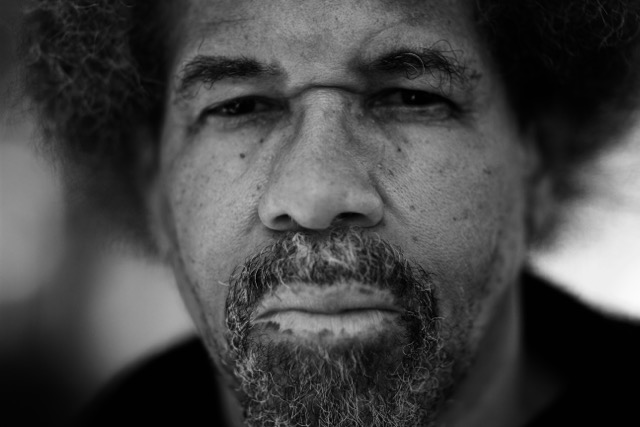
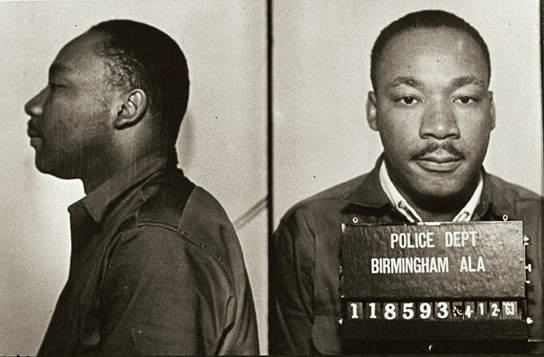
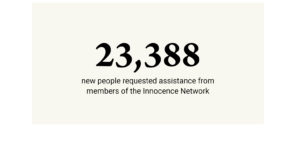
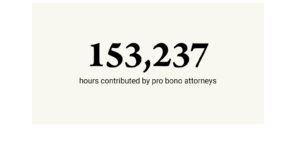
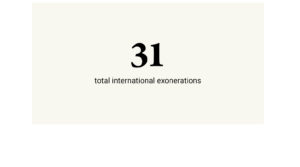
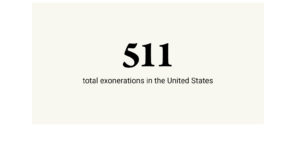
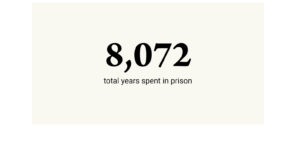
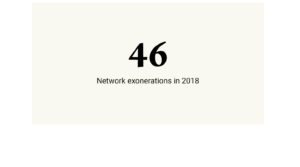
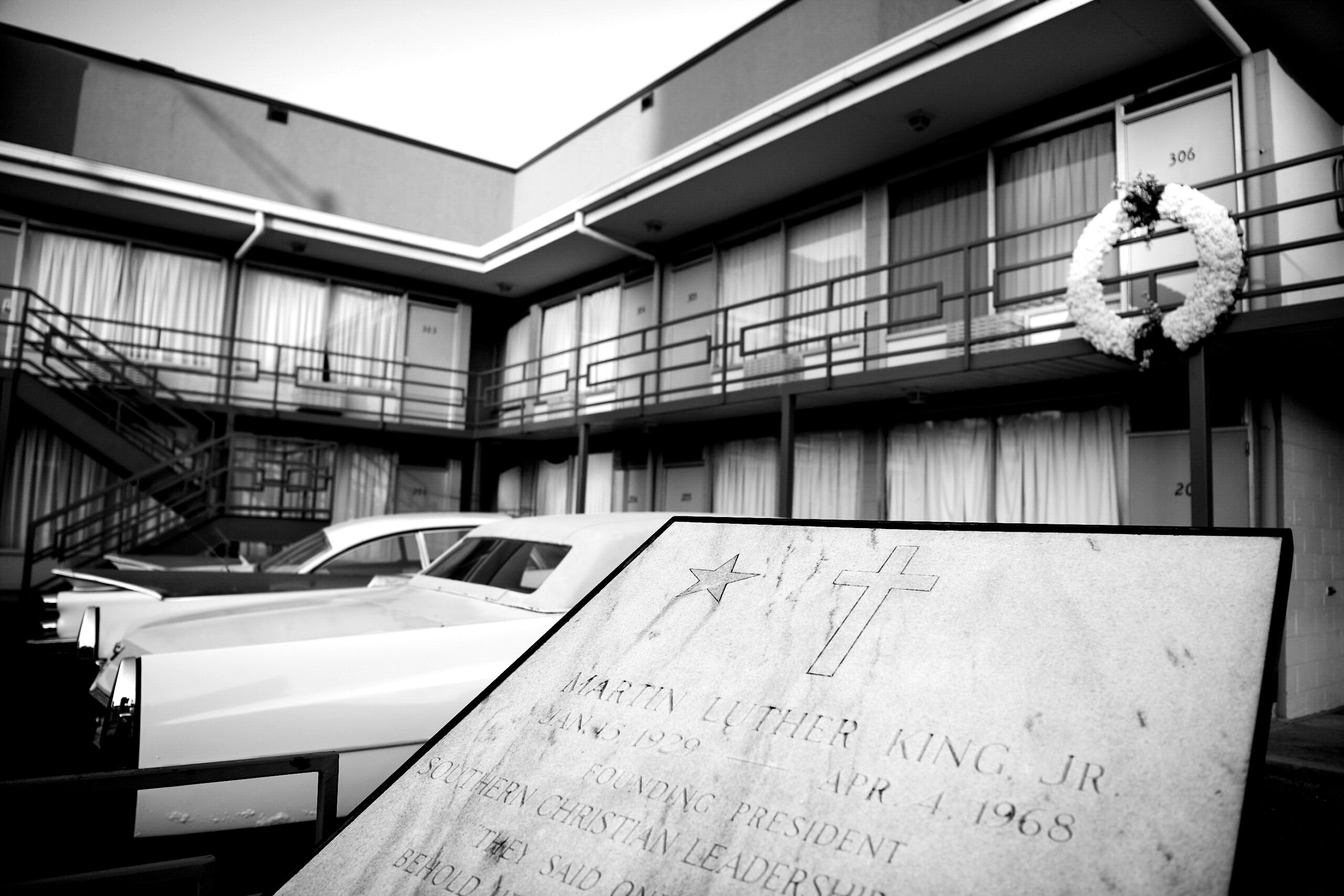
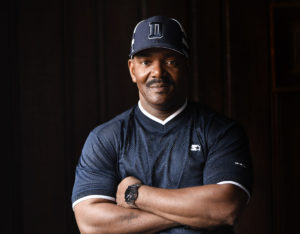
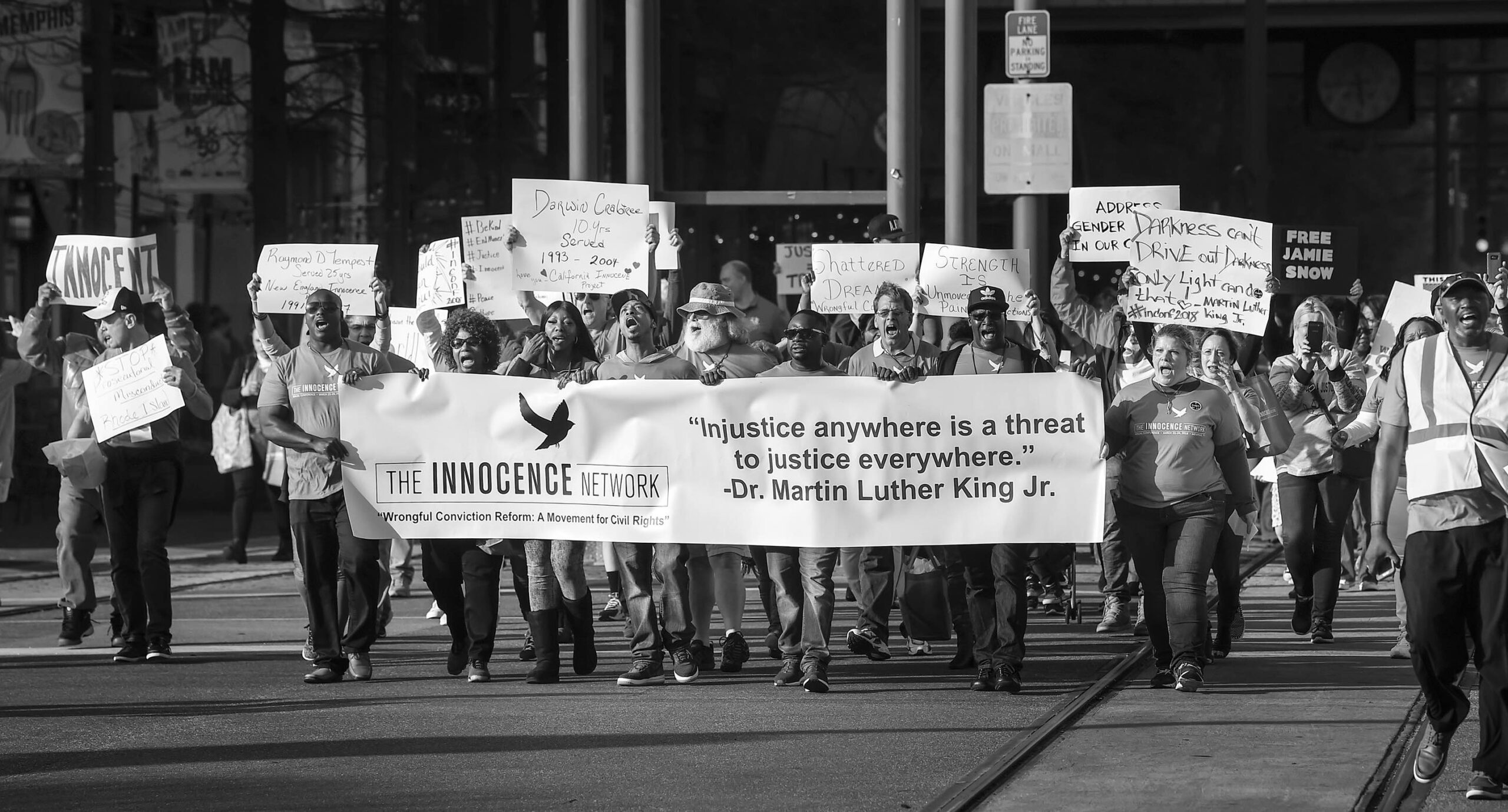
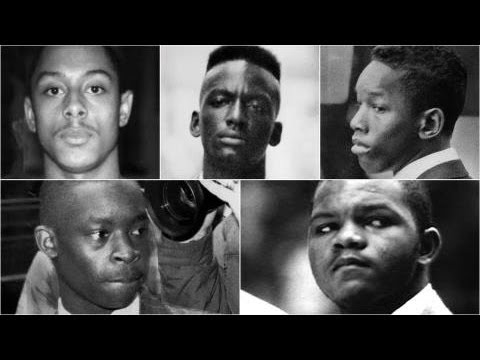
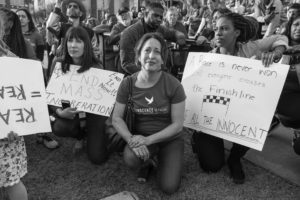
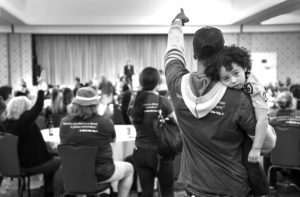
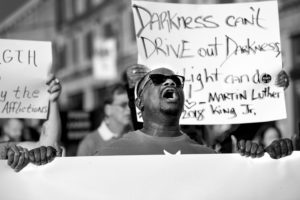
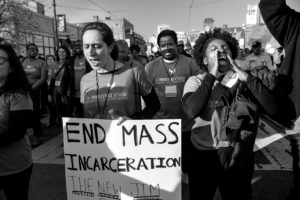
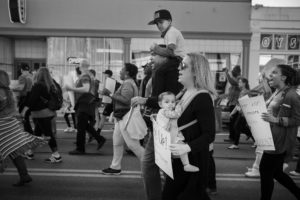
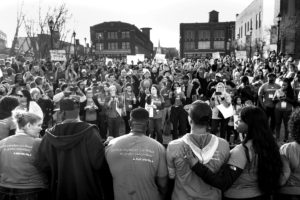
Leave a Reply
Thank you for visiting us. You can learn more about how we consider cases here. Please avoid sharing any personal information in the comments below and join us in making this a hate-speech free and safe space for everyone.